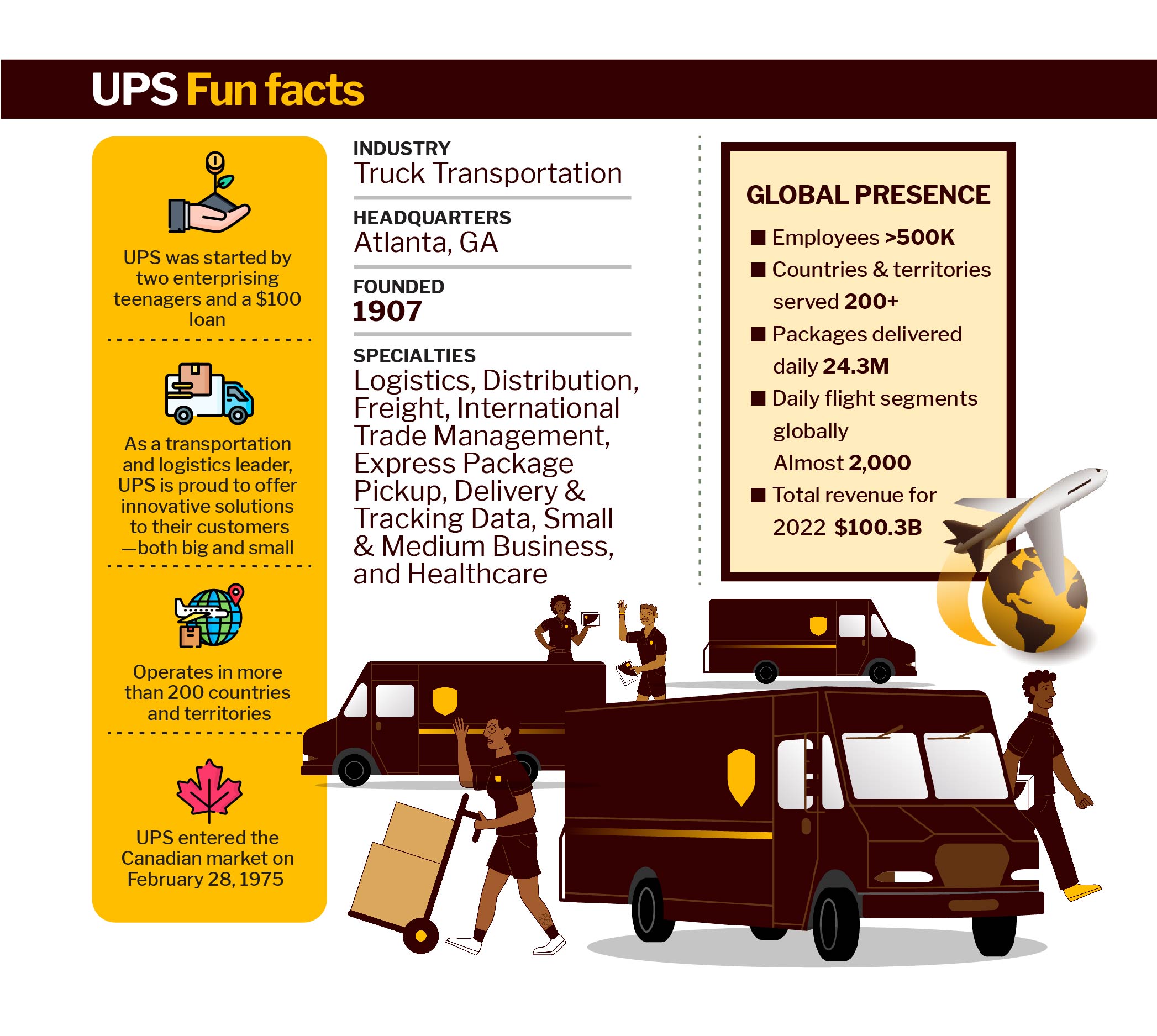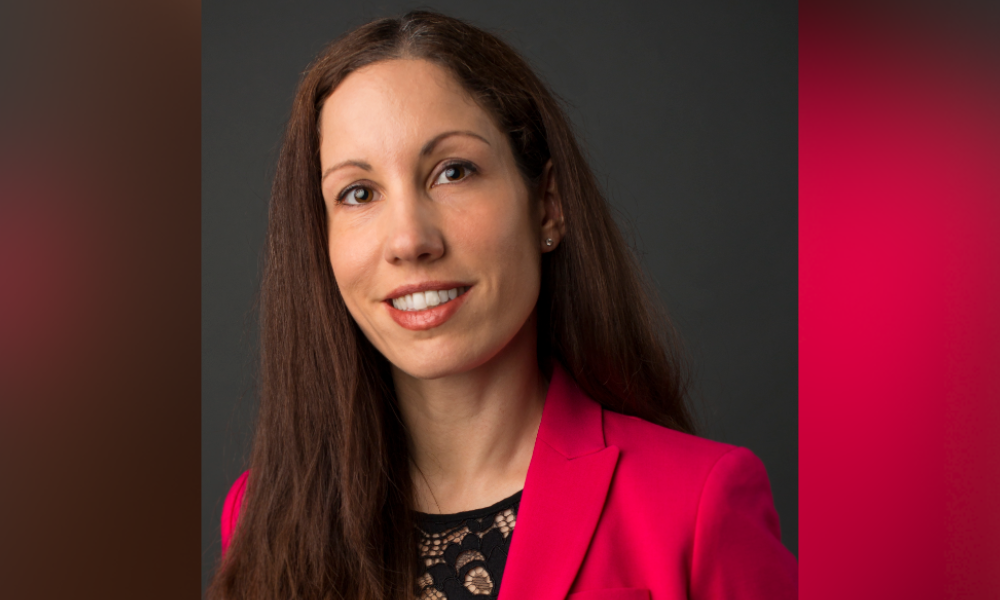With labour and employment law updates always on the horizon, Adrienne Couto understands the importance of keeping your finger on the pulse. As the director of labour and employment law at UPS Canada, Couto says that one of the primary challenges she’s grappling with right now is simply keeping up with the rapid changes.
"[It’s the] volume and pace of labour and employment law changes, particularly at the federal level,” she says. “[They’re] changes which I know are sometimes quite complicated and have a significant impact on the organization.”
The task also requires support from local leaders and business partners alike.
"It requires that we be agile, whether it's adapting our policies, practices, or even our approach so that we can meet those local requirements," Couto adds. “However, it also requires that we have the support of our local leaders to ensure that not only do we comply with those new requirements but that we do so in a way that meets the needs of the business and our objectives as an organization.
“For that reason, it's very important, especially in my everyday practice, to partner with our internal stakeholders to not only ensure that they're aware of these upcoming or new changes but also to work together so that we can identify those issues, figure things out and ultimately get it done.”
The role of an in-house legal team has always been multifaceted – ensuring compliance with regularity and ethical standards while protecting the organization's reputation and having a deep understanding of the core operational structure. For Couto, this manifests in UPS’s diverse business. She supports the federally regulated UPS Canada small package and courier business and the provincially regulated UPS supply chain solutions, including warehousing, healthcare, customer brokerage, and global freight forwarding. It’s a dual role that requires a deep understanding of each province's requirements – adding challenges in policy formulation.

"It does pose challenges working with these multiple jurisdictions,” Couto says. “And I find it really does require knowing each requirement for each province in which we operate – then determining whether it makes sense to have one policy that applies across all provinces or to have a particular policy just in one province.”
This issue reared its head recently when Ontario introduced the Working for Workers Act in 2023, a law that established rules around employees' “right to disconnect” and regulations on electronic monitoring. Rather than keeping it provincial, in this instance, UPS’s supply chain solutions business decided to roll out policies that applied to all employees – across all jurisdictions.
“At the end of the day, I think it's about critically examining the requirements in each jurisdiction and then looking at issues like compliance, enforcement, culture, and business needs,” says Couto. “As well as fairness and consistency for employees and leaders.”
This commitment to doing things ethically seemingly defines Couto’s role at UPS. As director of labour and employment law, she often deals with questions around diversity, equity, and inclusion – especially concerning the company’s core value set.
“At UPS, we have a long-held commitment to DEI, and we strive to create a culture of belonging,” she explains. “It’s important that employees feel like they can be their authentic selves at work – share their unique thoughts, ideas, and perspectives. I think we're very lucky that here in Canada, and particularly at the federal level, there's already a legal framework in place that supports many of our diversity and inclusion strategies. Legislation like the Accessibility Act, the Employment Equity Act, the Pay Equity Act, and the Canadian Human Rights Act – those pieces of legislation serve as a guide and framework for our initiatives.”
Understanding the legal framework is crucial for fostering diversity and inclusion throughout the employment lifecycle. Couto believes this framework sets boundaries, such as what questions can be asked during an interview or factors considered for promotions.
And in the current employment market, a commitment to authentic DEI is more important than ever. Long gone are the days in which diversity is a “nice to have” in corporate cultures – it’s now a legal requirement and one of the strongest means of talent attraction around, which can’t go amiss in the current labour market.
For Couto at UPS, she believes having that human touch combined with an eye on compliance has the propensity to supercharge inclusion – and, by extension, feed a thriving culture.
“For cultures such as our own, which strives for diversity and inclusion, it's an important component of that strategy of achieving and maintaining a culture of belonging,” she says. “If we approach policies, projects, and our everyday actions with a human rights mindset, it really does foster that culture of diversity and inclusion.”





